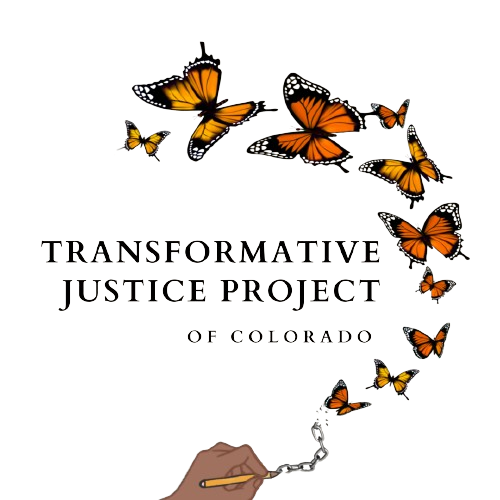2018 LEGISLATIVE SESSION
HB 18-1050 : Juvenile Competency Bill
A new bill addressing juvenile competency, HB18-1050, became law on March 22, 2018. It applies to acts committed on or after July 1, 2018 and recognizes that mental incapacity, in addition to developmental or mental disability, may render a juvenile incompetent to proceed.
Mental incapacity cannot be established by age alone; the court must find that the juvenile lacks the relevant capacities for competence.
The bill empowers the following people to raise the question of a juvenile’s competency:
When competency is raised, the court may either make a preliminary finding on the question ororder an evaluation. If the court makes a preliminary finding, both the prosecution and defense have the right to timely demand a hearing. If the court orders a competency evaluation, it must take place in the least restrictive setting commensurate with public safety and the best interests of the child. The bill specifically recognizes that such an evaluation may occur at the juvenile’s home or in a community placement. Only those psychiatrists or psychologists who meet the law’s requirements may perform a juvenile competency evaluation.
If the evaluation opines that the juvenile is not competent but capable of restoration, the court must stay the proceedings and order restoration services, which must be reviewed every 90 days if the juvenile is at liberty and every 30 days if the juvenile is detained.
However, the bill allows a court to find that the proposed restoration services are not justified. Following a hearing and finding that the juvenile is restored to competency, the delinquency case progresses. The court may refuse to credit any time spent in custody during restoration to any sentence ultimately imposed
This bill was signed into law on March 22, 2018
HB 18-1156 | Limit Penalties for Juvenile Truancy
The bill clarifies in the Colorado Children’s Code and in the ‘School Attendance Law of 1963’ that a ‘delinquent act’ does not include truancy or habitual truancy. A child who is habitually truant and who refuses to follow a plan to rehabilitate his or her truancy may be subject to various sanctions by the court in a truancy proceeding, but the sanctions must not include placement in a juvenile detention facility.
The bill removes the authority of a judge or magistrate to issue a warrant to take a juvenile into temporary custody for a truancy action, including contempt proceedings for refusal to comply with a truancy plan, or for failure to appear for a truancy or contempt action. The court may, however, issue an order to show cause requiring the juvenile’s appearance in court and may impose additional age-appropriate sanctions.
This bill was signed into law on June 8, 2018
HB 18-1010 | Department of Human Services Report Data and Add Members to Working Group
The bill requires the department of human services (department), to annually collect recidivism data and calculate the recidivism rates and educational outcomes for juveniles committed to the custody of the department who complete their parole sentences and discharge from department supervision. In collecting the recidivism data, the department shall include any juvenile adjudication or adult conviction of a criminal offense within 3 years after parole discharge.
The department shall report the recidivism data, recidivism rates, and educational outcomes to the general assembly annually. Existing law requires the state auditor to perform 2 audits of the department’s reports of recidivism rates and educational outcomes. The bill requires the judicial department to provide data to the state auditor as permissible by law for the purposes of these audits.
The bill adds 2 members to the youth restraint and seclusion working group within the division of youth services.
This bill was signed into law on March 7, 2018
SB 18-154 | Juvenile Planning Committee Crossover Youth Plans
Concerning a requirement for a local juvenile services planning committee to devise a plan to manage dually identified crossover youth: A dually identified crossover youth is a youth involved in both the juvenile justice system and the child welfare system.
This bill was signed into law on April 25, 2018
